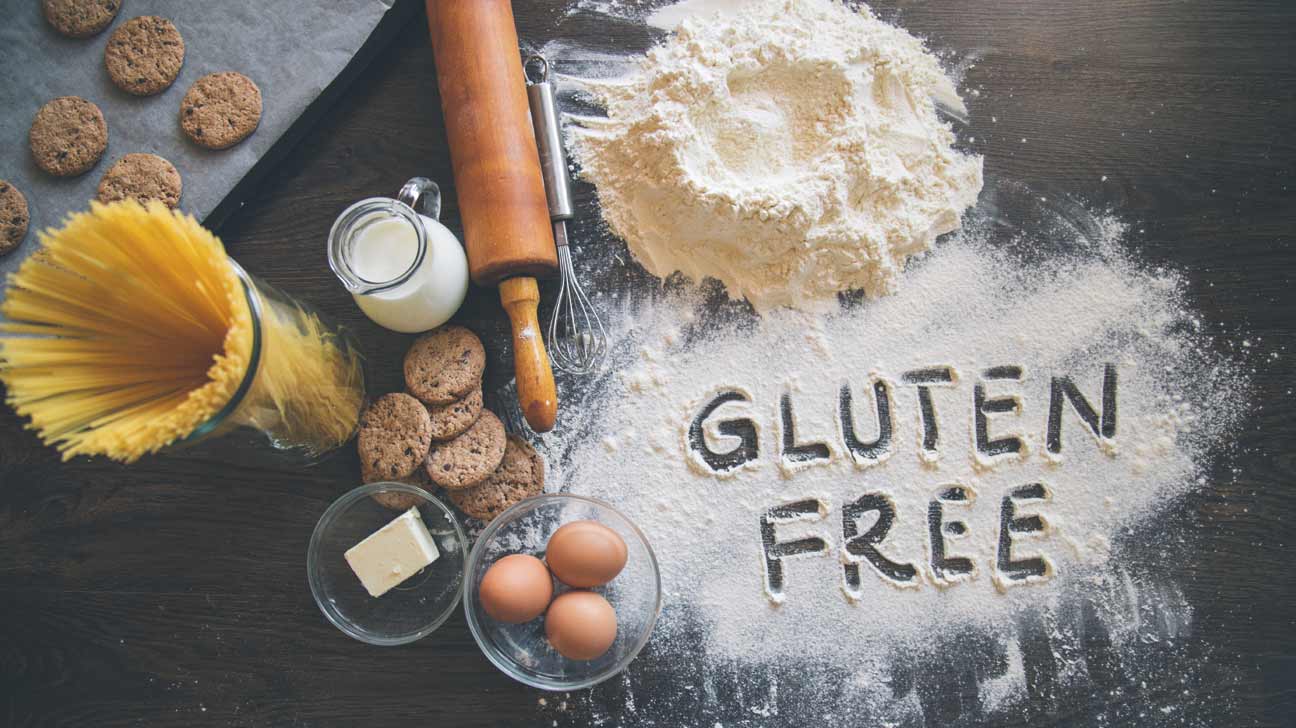Often ignored, food intolerances affect more and more people. Many still struggle to distinguish between allergies and food intolerances. The former are hypersensitivity specific to a substance foreign to the body when the second is not of immunological origin. Particularly disabling, intolerance to gluten and lactose disrupt the daily lives of many of us. Here are 8 symptoms that will help you detect them.
Unlike allergy, in the case of food intolerance, the body reacts to the ingestion of the food causing disorders but does not produce antibodies. And when it comes to food intolerances or sensitivities, lactose and gluten are often singled out.
Gluten is a protein found in cereals such as wheat, rye, barley and oats. In case of intolerance to gluten, the intestinal mucosa becomes more sensitive. However, it is at the level of the walls of the intestine that is secreted lactase, an enzyme for the digestion of lactose present in milk and its derivatives. This is why the two diseases are usually related. Considered to be "diseases of civilization", however, a simple lifestyle change is enough to get rid of their symptoms.
8 signs Of gluten and lactose intolerance
Difficult to detect, intolerances to gluten and lactose can be particularly troublesome in everyday life. To determine if this is your case, it is necessary to consult a doctor to rule out the risk of a more serious condition. When your doctor has eliminated the doubt about a larger problem, he will ask you to remove gluten and / or lactose from your diet for a while to monitor the evolution of symptoms including:
Chronic migraines
Migraines and other headaches are common problems in people with intolerance. Namely, this pain usually appears 30 to 40 minutes after the meal. If you are often subject to this kind of disorder, it is essential to consult a doctor to find out more about your condition.
Itches
Gluten intolerance can also affect your skin. Indeed, digestive problems can sometimes be characterized by skin reactions such as itching, patches on the skin, irritation or dry skin. It is therefore important to consult to eliminate any risk of underlying problem.
Muscular pain
Gluten intolerance can cause inflammation that causes widespread pain, especially in the muscles and joints.
Lactose intolerance
Gluten intolerance and lactose intolerance usually have the same symptoms. And as explained above, the two diseases are often correlated. In fact, most people with gluten intolerance have lactose intolerance.
Chronic fatigue
Because of the modern pace of life, many people often feel tired. However, if you have taken the time to rest, pay attention to your diet and enjoy restful sleep and still can not feel impassioned, this could be a sign of intolerance. food. Indeed, people with gluten sensitivity are often prone to fatigue especially after the meal.
Mood swings
People with digestive problems may also be prone to mood disorders. One study found that people with digestive disorders were much more likely to suffer from depression and anxiety than those who were healthy.
Abdominal pain
This is without a doubt one of the most common and revealing symptoms of food intolerance. Bloating, chronic abdominal pain, gas, diarrhea and constipation are all symptoms that can alert you to possible gluten sensitivity.
Confused thoughts
Digestive problems can also cause confusion and confusion. Although science still ignores the causal link between this symptom and gluten intolerance, it is still one of the most common signs of this sensitivity.










